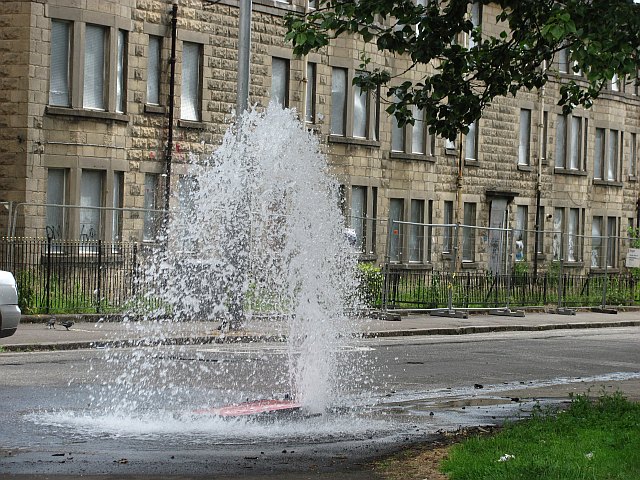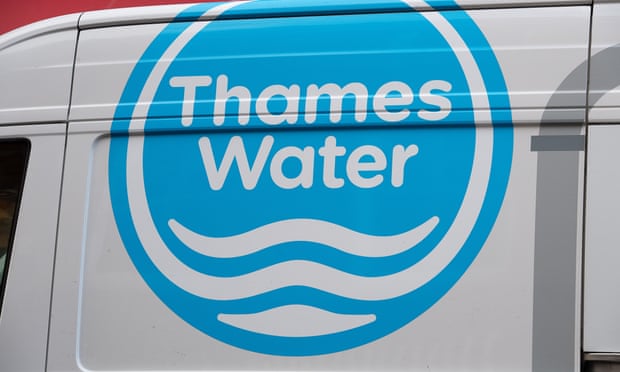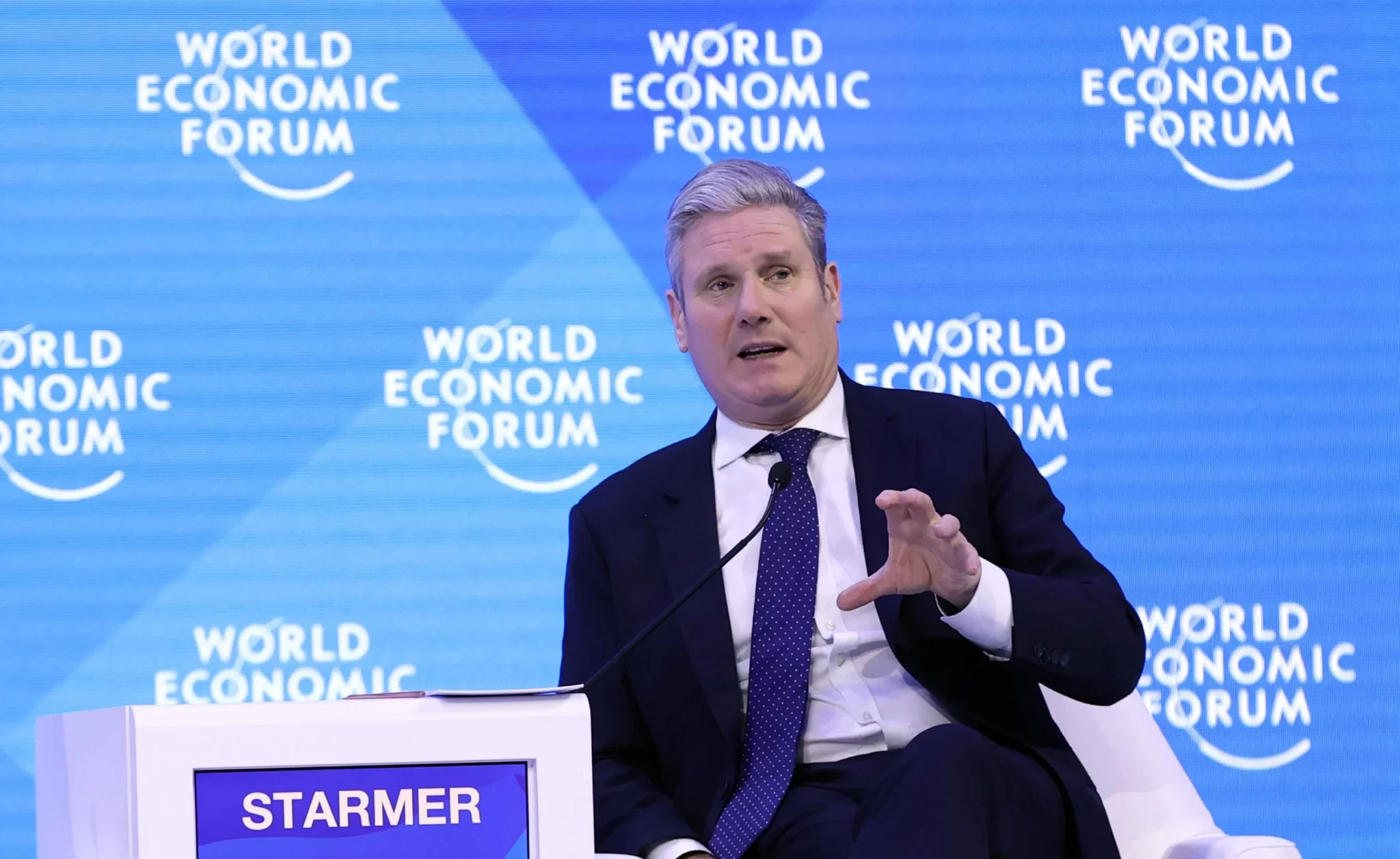Vast majority of public do not trust water companies, new research shows

‘There is a growing perception that the water industry cares more about profit than the service it provides.’
Public trust in water companies has hit a new low. Less than one in four people believe water companies will help protect the environment.
Just 23 percent of water consumers in England and Wales say they trust their water companies to “do what’s right for the environment,” marking a 9 percent drop from 31 percent two years ago.
These were the findings of a consumer survey commissioned by Ofwat and the consumer watchdog Consumer Council for Water (CCW). The Savanta study was conducted between December 4 and 18, 2023. It surveyed 2,399 UK adults in England and Wales.
The research found that satisfaction with the quality of water services has fallen to 58 percent from 65 percent in 2021. Similarly, consumer satisfaction with wastewater and drainage services has dropped to 49 percent from 56 percent.
The water regulator Ofwat says the findings underscore the importance of the need for a transformative change in the water sector, so that it “delivers better outcomes for customers and the environment.”
…

